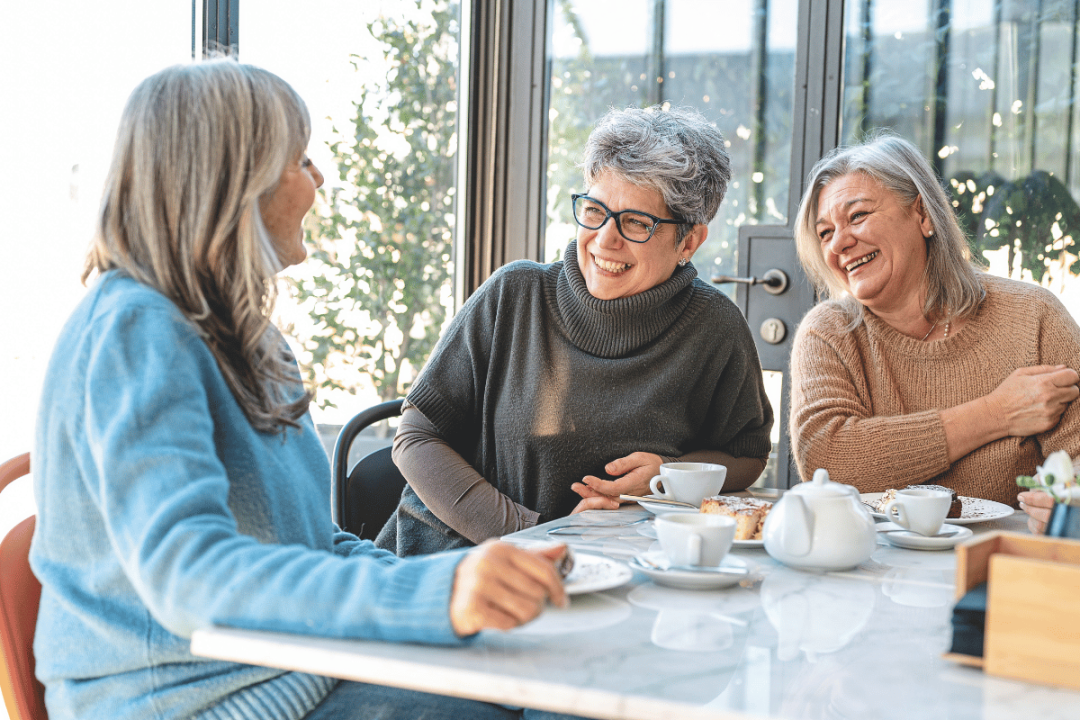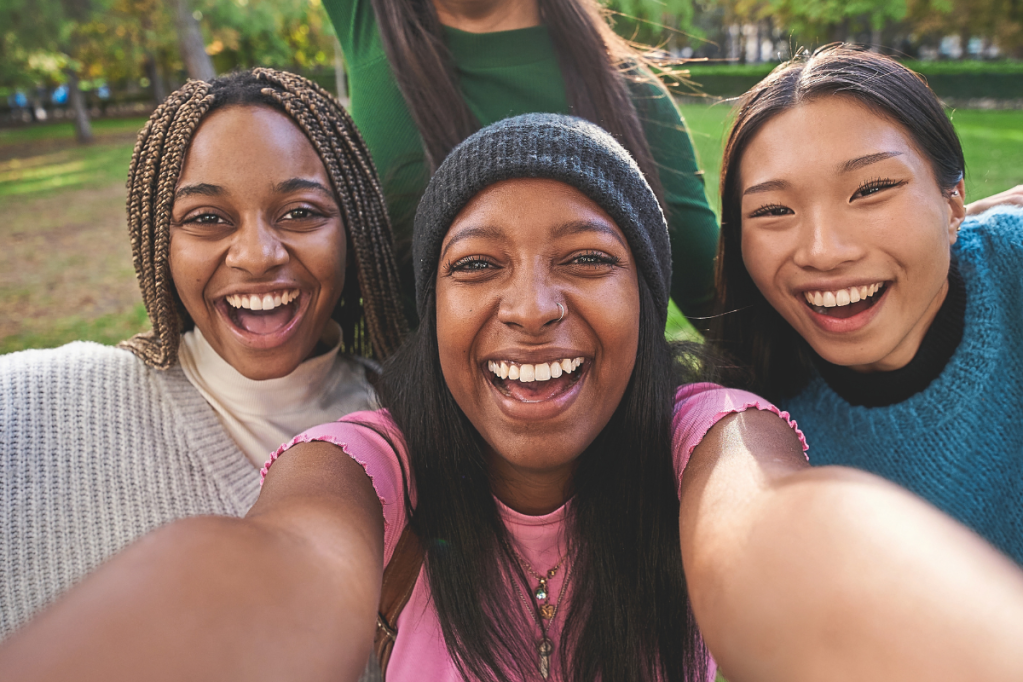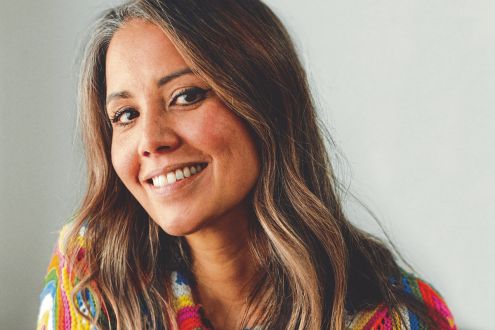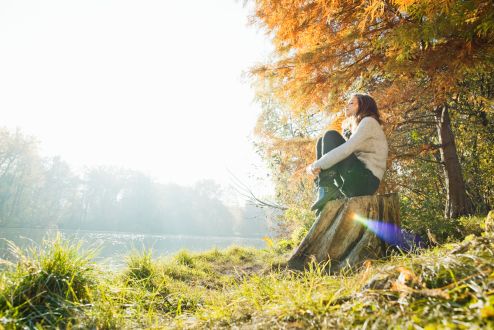5 ways to build adult friendships for better health and wellbeing

Discover why adult friendships are often undervalued, how loneliness affects wellbeing, and find our 5 practical tips for building meaningful, low-pressure friendships that can improve your life in powerful ways.
Words: Kellie Gillespie-Wright, Images: Shutterstock, Pexels
Friendship isn’t just a bonus — it’s a vital part of our mental and physical health. We live in a culture with endless advice for improving your relationship, raising your kids, or managing your team at work. Romantic partnerships and family ties are seen as life pillars, with entire industries devoted to supporting and studying them.
But adult friendship? That often gets treated as a nice-to-have. Optional. Maybe even a little childish. Yet friendship may be one of the most overlooked protective factors we have. In the noise of productivity, coupledom, and self-reliance, we’ve sidelined something essential. And it’s costing us. The truth is, friendship isn’t a luxury. It’s medicine. And we need to start treating it like that.
Across the UK, friendship networks are shrinking. A 2021 study by the Campaign to End Loneliness found that nearly half of adults said they felt lonely at least some of the time. Another UK-wide survey revealed that one in five adults had no close friends at all. That’s not just sad, it’s dangerous.
Chronic loneliness is as harmful to physical health as smoking 15 cigarettes a day. It weakens the immune system, increases cardiovascular risk, and raises cortisol levels, keeping the body in a prolonged state of stress.
Psychologically, the toll is just as severe. People without close, emotionally supportive friendships are more likely to experience anxiety, depression, and burnout. They’re also more likely to struggle during major life transitions like bereavement, divorce, or job loss, precisely the times when friends become most vital.

Why do we struggle?
Part of it is biological. ‘Adult friendship is not an absolute necessity for evolutionary survival,’ explains life coach and mindset expert Chantal Dempsey, ‘whereas finding a partner and starting a family is. Subconsciously, we would always prioritise our basic needs of survival and reproduction.’
And, part of it is cultural. The dominant narrative of adulthood still centres on nuclear family, romantic partnership, and professional success. We’re told, implicitly and explicitly, that friendships belong to childhood and early adulthood, and that once ‘real life’ begins, they take a backseat.
Take our test to find out what your loneliness trigger is here.
‘Friendships require space to grow,’ says Dempsey. ‘When we are busy working, looking after kids, or simply feel drained from a long day or week, it makes it harder to create that space.’ And, unlike dating or family obligations, friendship lacks a defined structure. There are no anniversaries, no rituals, no expectations to keep it afloat.
Flexibility is part of what makes friendship beautiful, but also fragile. Even when the desire for deeper connection is there, many adults are unsure how to initiate or sustain it.
Reaching out can make us feel vulnerable, it can even feel risky. ‘ Adulthood doesn’t come with a pool of almost ready-made friends like when you are at school,’ says Dempsey.
‘So, it is harder, you have to be more proactive and lean into strangers. This in itself has its own challenges, especially with many experiencing self-doubt, and fear of being vulnerable, as making friends requires taking an emotional risk.’ Yet, the science is clear: emotionally rich friendships offer powerful benefits for both mental and physical health.

Studies show that close friendships activate the brain’s reward centres, increase oxytocin (the bonding hormone), and help regulate stress.
As Professor Robin Dunbar, Emeritus Professor of Evolutionary Psychology at the University of Oxford, explains: ‘What we do with friends, like laughter, singing, dancing, eating together, storytelling, conversation, and even religious rituals, triggers the brain’s endorphin system.
Endorphins give you an opiate-like high which is the best medicine for depression, and they also boost the immune system, especially natural killer cells that target viruses and some cancers.’ Friendship also plays a unique role in identity and self-understanding. Unlike family, which we’re born into, or romantic relationships, which often come with specific roles or expectations, friendships allow for a kind of mutual evolution.
We can try out different versions of ourselves, process our inner world, and witness each other through life’s messiest and most mundane moments. And, best of all, friendships can hold space for grief, absurdity, boredom, and celebration, all without needing to solve anything. This doesn’t mean friendship is easy.
Like any relationship, it takes effort, vulnerability, and maintenance. Professor Dunbar explains: ‘Friendships decay very rapidly (in a few months) if you don’t maintain direct regular contact. You have to keep investing time to maintain them. Also, it is a two-way process, you have to find people who are very similar to you, as these friendships are more stable. It can take a lot of time to find these rare people.’
This effort, combined with the challenge of finding the right people, can feel overwhelming, especially for those already feeling disconnected. ‘If you are an adult with few or no friends,’ says Dempsey, ‘you might experience a feeling of inadequacy, and carry a limiting story like “I should have more friends by now”, “I am not good at making friends”. And because of this, you are much less prepared to take that emotional risk. You can see how this becomes a vicious circle.’
Find out more on why community is key for better mental health and wellbeing here.

What breaks that cycle?
It starts with making space, for regular contact, emotional honesty, and shared experience. It means asking the kinds of questions we often save for therapists or partners: How are you, really? What’s been hard lately? Where do you feel stuck? It means inviting each other into the dailiness of life, rather than waiting for perfect plans or milestone events.
It also means recognising that not all friendships need to be lifelong or intense to matter. Some are seasonal, emerging around shared life stages or interests. Some are more functional, offering logistical support, humour, or familiarity. Others go deep, becoming a kind of chosen family. What matters isn’t the structure, but the presence.
The message is simple and powerful: I care. I’m here. Let’s keep this alive. That kind of presence doesn’t just shape individual relationships, it strengthens entire communities. Friendship is the quiet glue that helps people recover from loss, adapt to change, and stay connected to something meaningful.
If we’re serious about improving wellbeing, easing pressure on the mental health system, and addressing the roots of burnout and despair, then friendship deserves far more attention, culturally, personally, and politically. For Professor Dunbar, the answer starts with spaces: ‘Providing places for people to meet. They used to be called pubs, but now these are all restaurants.
The point is to have opportunities to meet new people.’ Supporting adult friendship isn’t just about individual effort, it’s about building infrastructure that allows relationships to take root. That means accessible third spaces, and community-based programs that invite people in without pressure or formality.
Recognising the value of friendship means treating it as essential, not optional. This isn’t about sentimentality, it’s about survival. It’s about building lives that are whole, interdependent, and joyfully connected, able to withstand the uncertainty of being human. Because in the end, friends don’t just make life more fun. They make it more possible.

Simple ways to build connection
Think of this not as a ‘to-do’ list, more of a ‘try if it feels good’ list
1. Start small, stay real
• Reach out to someone you’ve lost touch with, not with pressure, just presence. A ‘hey, thinking of you’ message is enough. l Invite a neighbour or colleague for coffee, a walk, or something casual. No agenda. Just connection.
• Join something low-commitment: a local group, a class, a community event. It’s okay if you don’t talk much. Just being there counts.
2. Co-create safety
In your next group setting (meeting, class, gathering), try a check-in question that goes beyond ‘how are you?’ Example: ‘What’s one thing you’re holding right now?’ or ‘What’s something that made you smile this week?’
3. Build consistency
• Start a small ritual, a weekly dinner, monthly walk, or recurring invite. It doesn’t have to be big. What matters is rhythm.
• Create a casual group chat for something non-urgent: recipes, memes, local tips, weekend plans. It’s the digital version of popping by.
4. Honour your energy
• If you’re feeling emotionally heavy, try being in company without needing to talk about it. Sit with someone. Share silence. Watch a show together. Let them know you just want company.
• If you’re holding space for someone else, remember: empathy doesn’t mean fixing. Presence is enough.
5. Remember the joy
• Host something intentionally silly or playful. A bad-movie night. A bring-your-own-snack gathering. A no-pressure hobby club.
• Say yes to connection when it comes, even if it’s imperfect, last-minute, or outside your routine. Let low-stakes community in.
Meet the experts:
Chantal Dempsey is an award-winning mindset and confidence coach, NLP expert and master hypnotherapist, known for her transformative impact in the field of confidence, communication and personal development. She is passionately dedicated to empowering both men and women to overcome their challenges and unlock their highest levels of confidence. Find out more at Chantaldempsey.com
Robin Dunbar is an anthropologist and evolutionary psychologist. He is an emeritus professor at the University of Oxford, focusing on social bonding.









